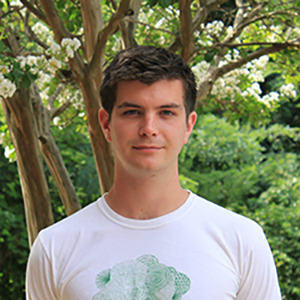Project: Modeling Skull Interactions in Ultrasound Brain Surgery
 Overview & Goal: Over the past eight months, my principal project has been to quantify the thermal dose required to create different effects in tissue–as an alternative to the empirically-derived and approximate metrics in use today. I have been helping to measure and define the thermal dose required to create a permanent lesion, and alternative methods to precisely acquire those doses. I am also working to develop new techniques of closed-loop temperature control to more accurately and precisely control how much of a thermal dose is generated in the target tissue. I have written code that takes MR thermometry data during a sonication and adjusts the output power to hold the tissue temperature at a set value. When a prescribed thermal dose is reached, the system shuts off the sonication. Over multiple trials, we compare the different doses delivered with what lesions show after the procedure.
Overview & Goal: Over the past eight months, my principal project has been to quantify the thermal dose required to create different effects in tissue–as an alternative to the empirically-derived and approximate metrics in use today. I have been helping to measure and define the thermal dose required to create a permanent lesion, and alternative methods to precisely acquire those doses. I am also working to develop new techniques of closed-loop temperature control to more accurately and precisely control how much of a thermal dose is generated in the target tissue. I have written code that takes MR thermometry data during a sonication and adjusts the output power to hold the tissue temperature at a set value. When a prescribed thermal dose is reached, the system shuts off the sonication. Over multiple trials, we compare the different doses delivered with what lesions show after the procedure.
Results/Findings/Outcome: It is a work in progress, but current results show a clear gradation in lesion size as thermal dose increases, with permanence occurring somewhere between 90-150 CEM.
“I’m applying to medical schools, so I found the focus on medical technology appealing. I have received more experience here working in computer science and programming” – on why he was interested in working with FUSF
